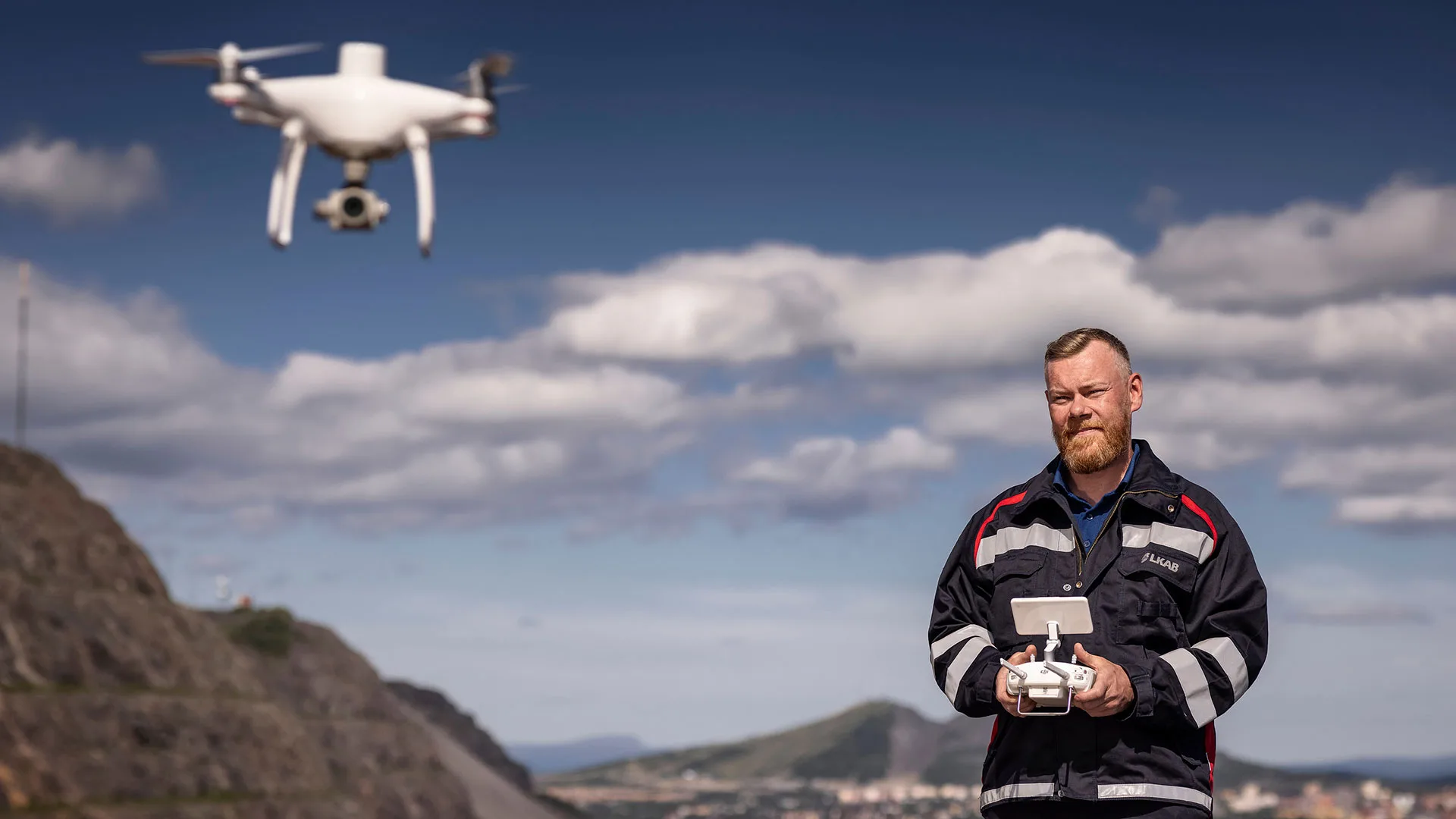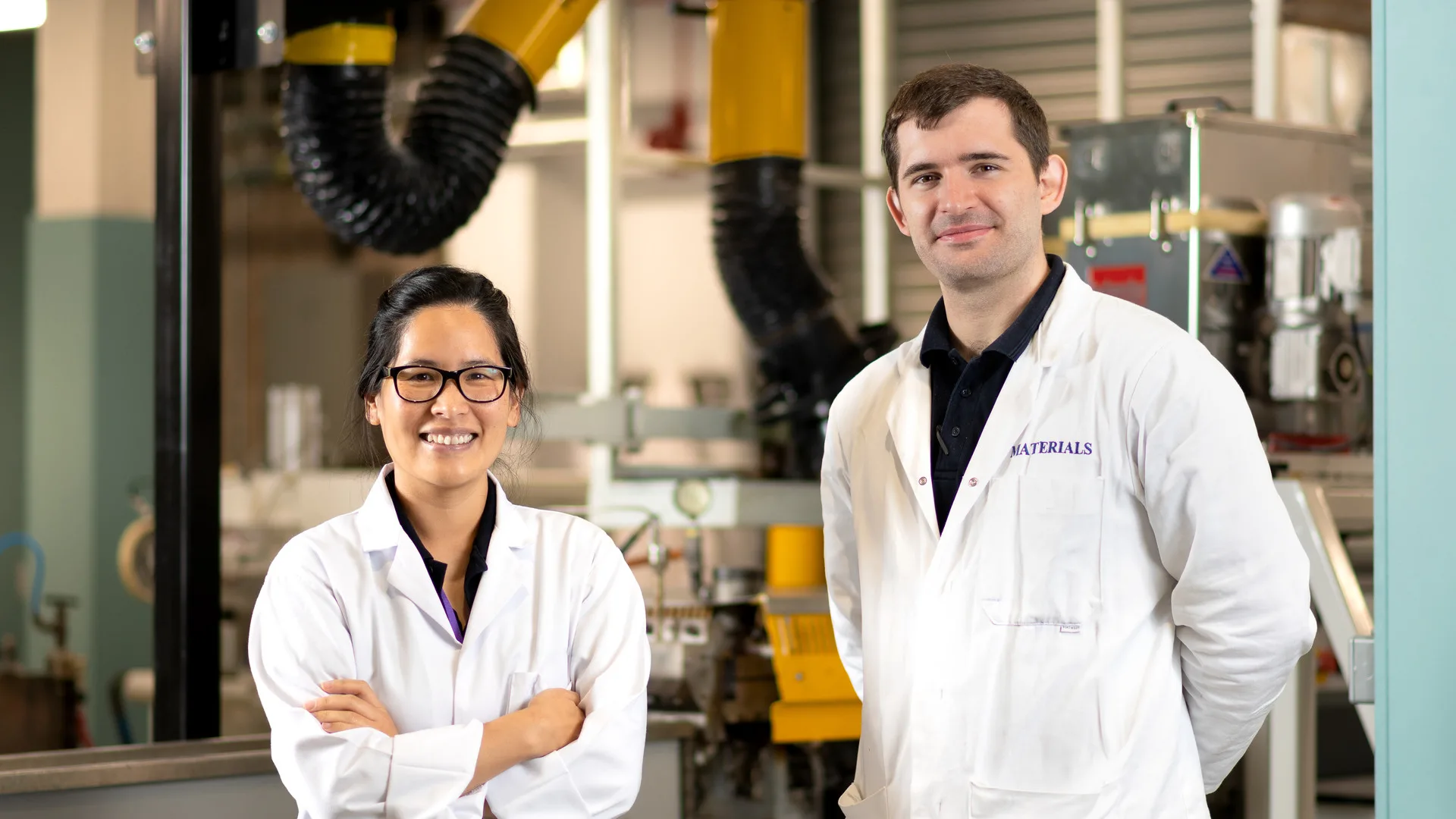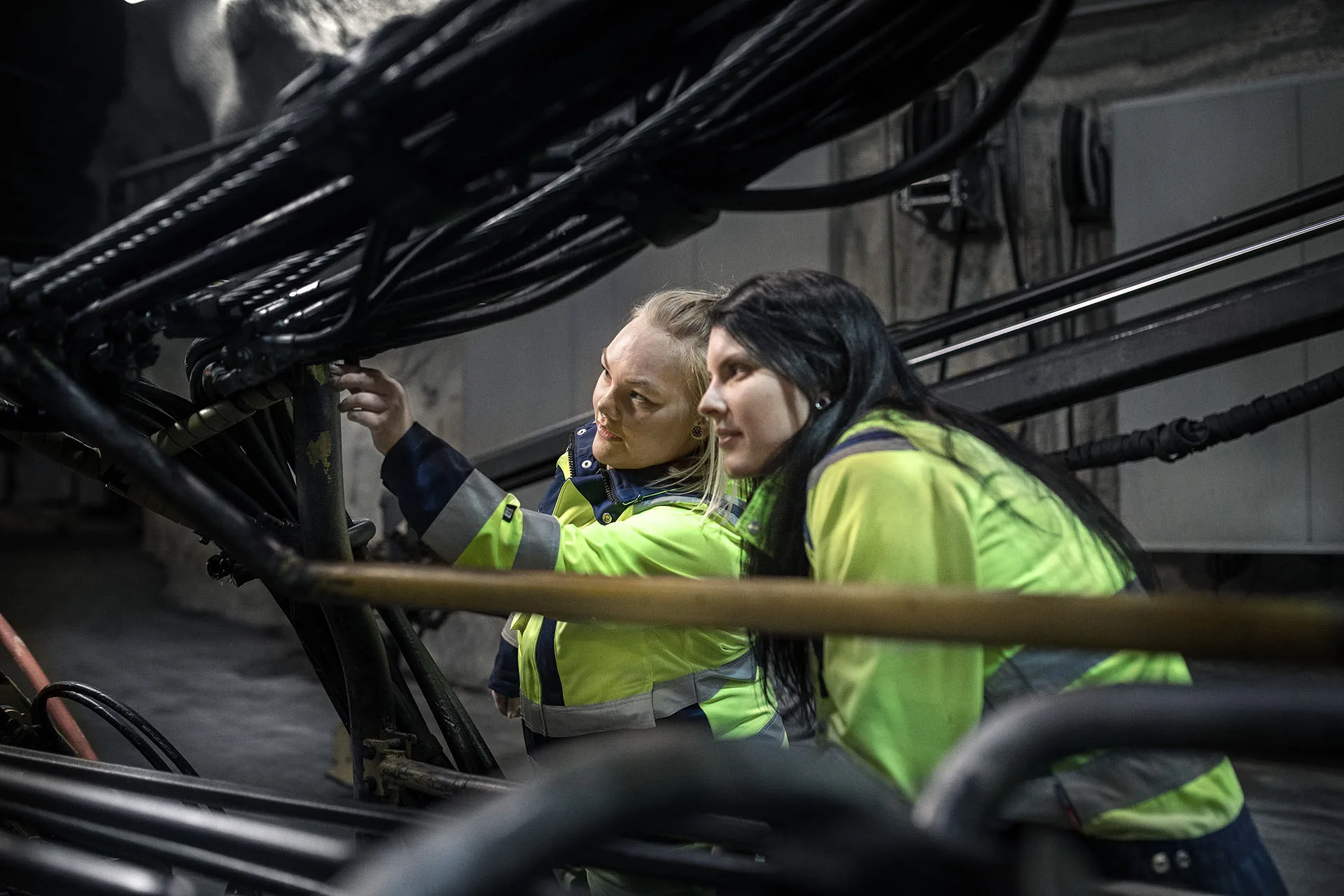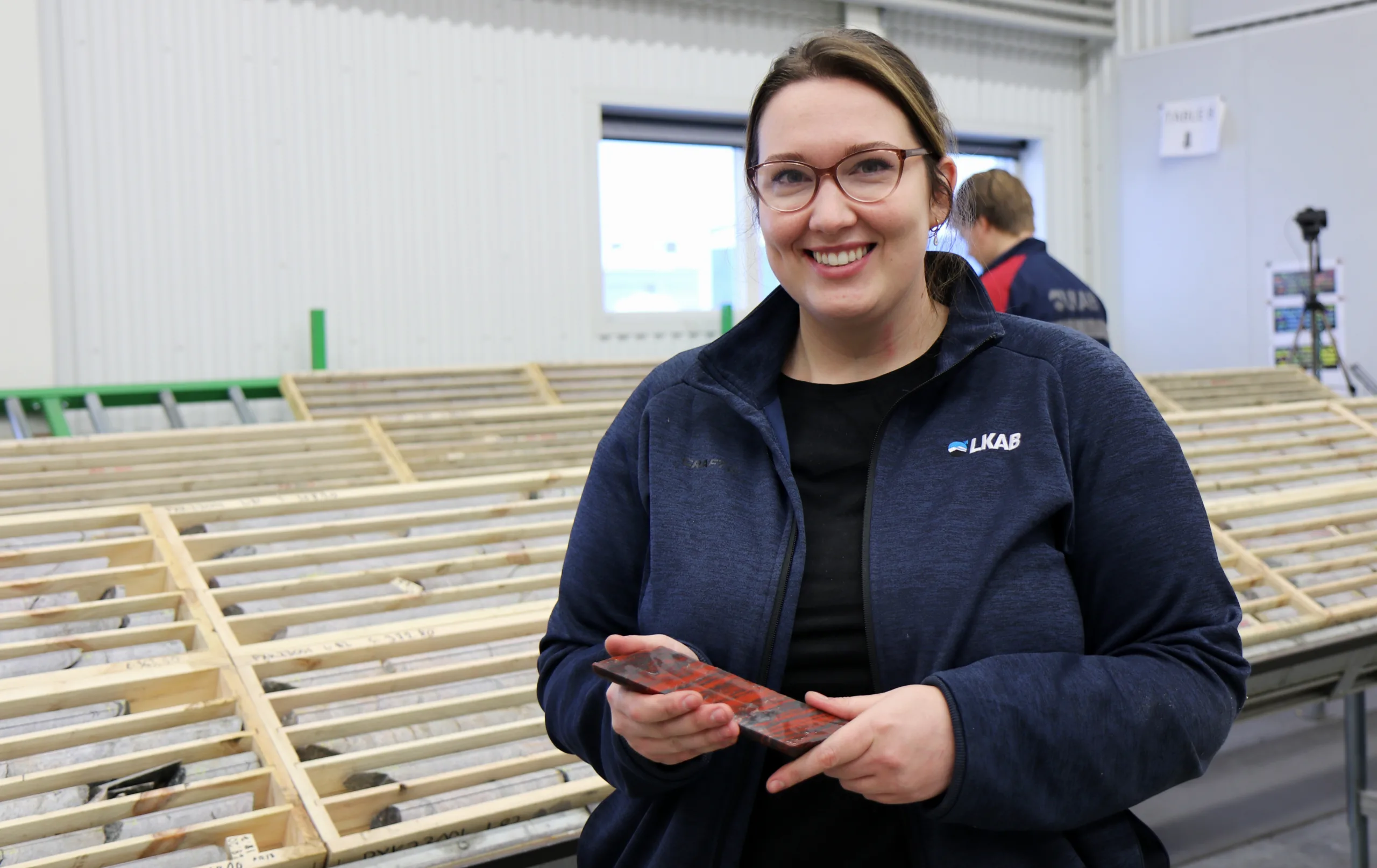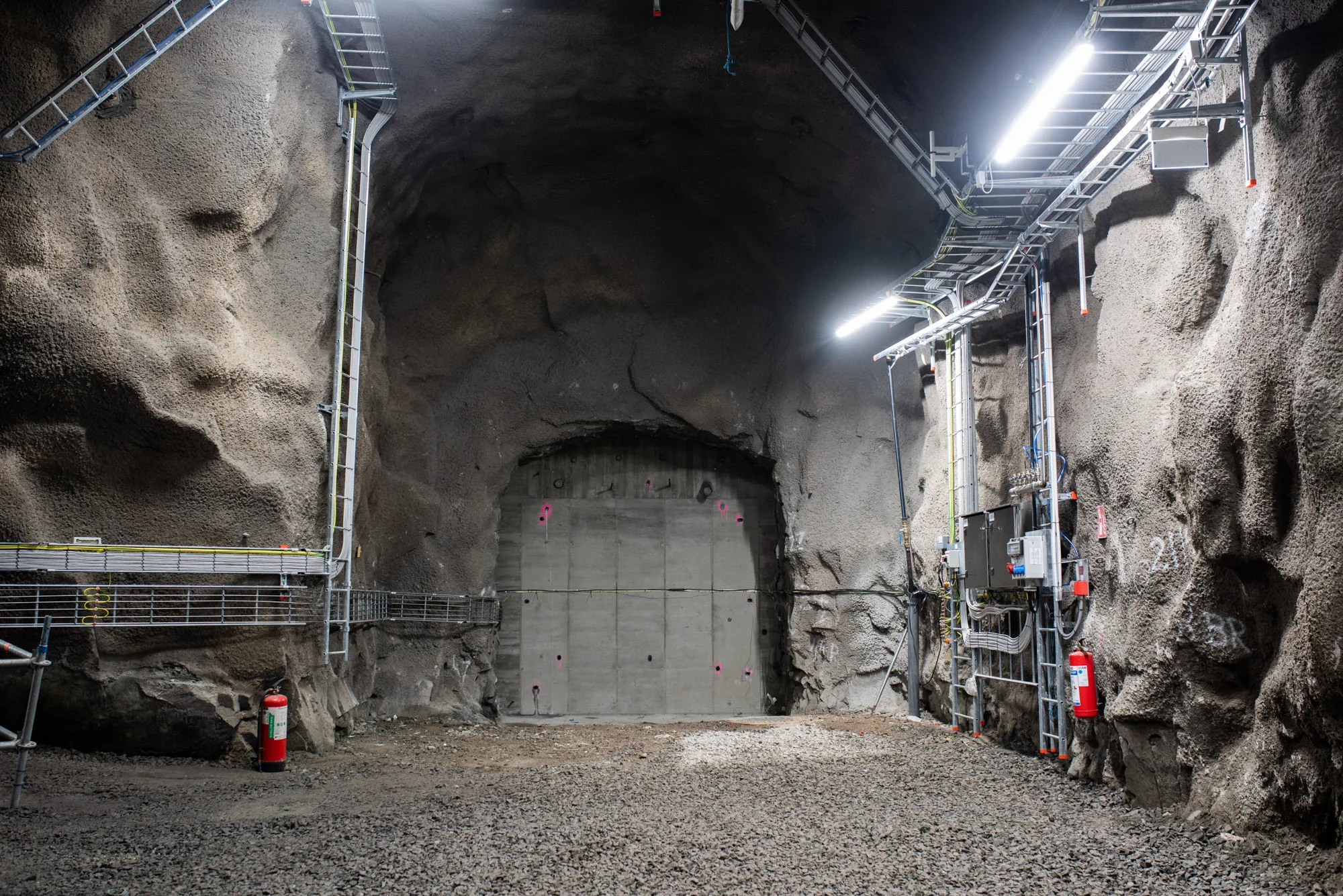Our strategy for the future
We are leading the transformation of our industry towards a sustainable future. Our co-workers, a new world standard for mining, sponge iron and critical minerals will be key as we make our production carbon-free by 2045.
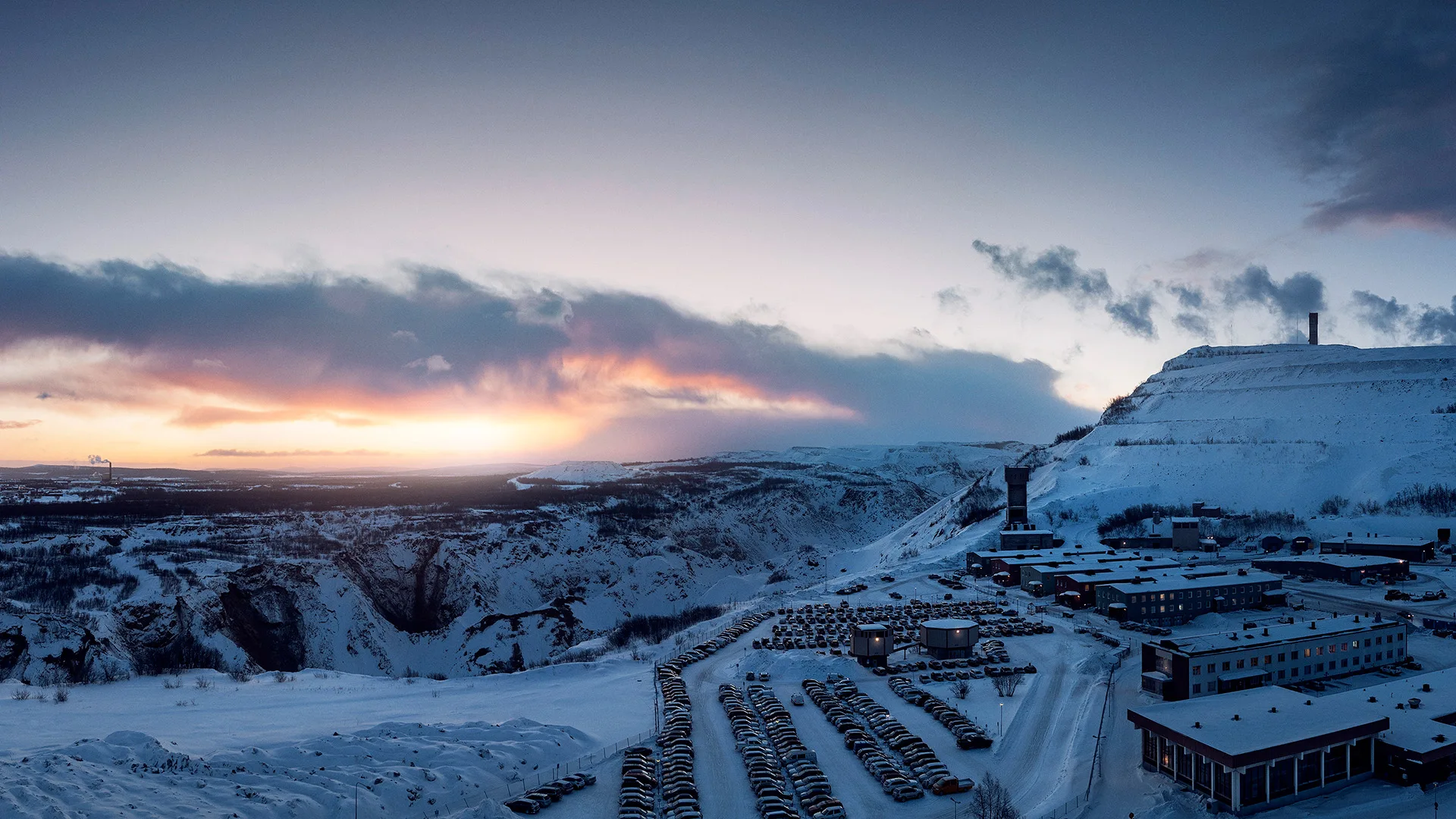
Global greenhouse gas emissions must be reduced significantly and within a short period of time. Tackling the climate problem will require a transformation – a significant challenge as global energy consumption is heavily linked to fossil fuels. It requires systemic changes that will take time and require a high degree of collaboration between industry and policy makers.
Based on our vision and mission, the strategy for LKAB charts the way forward towards zero carbon dioxide emissions from our own processes and products by 2045. It also secures our long-term competitiveness.
Our vision
We are leading the transformation of our industry towards a sustainable future.
Our mission
The innovative and competitive mining and processing of iron ore and minerals to produce climate-efficient quality products.
Three areas of innovation
As we progress in the value chain and create increased growth, we are building an innovation cluster in Norrbotten for the carbon-free mining and minerals industry of the future. This cluster will have a major impact on the three key areas that we see leading to the transformation:
1. New world standard for mining
Mining iron ore profitably and safely at greater depths, and also carbon-free, places great demands on new mining methods. Extensive work is underway to develop a new world standard for mining through digitalisation, automation, electrification and new ways of working. This will lay the foundation for the new value chain that will produce sponge iron.
2. Carbon-free sponge iron
Step by step, the capacity to produce sponge iron is being built up. It will be based on technology that uses hydrogen produced from carbon-free electricity. We are strengthening our position in the value chain, increasing the value of our products and enabling significant reductions in carbon emissions, creating value for the steel industry and its customers as well as for the end user of the products.
3. Critical minerals
Strategically valuable earth metals and phosphorus will be extracted from our existing raw material streams. This means that we will be stepping into new markets for mineral use. Earth metals are used in technologically advanced applications such as permanent magnets. Phosphorus is needed in mineral fertilisers in agriculture.
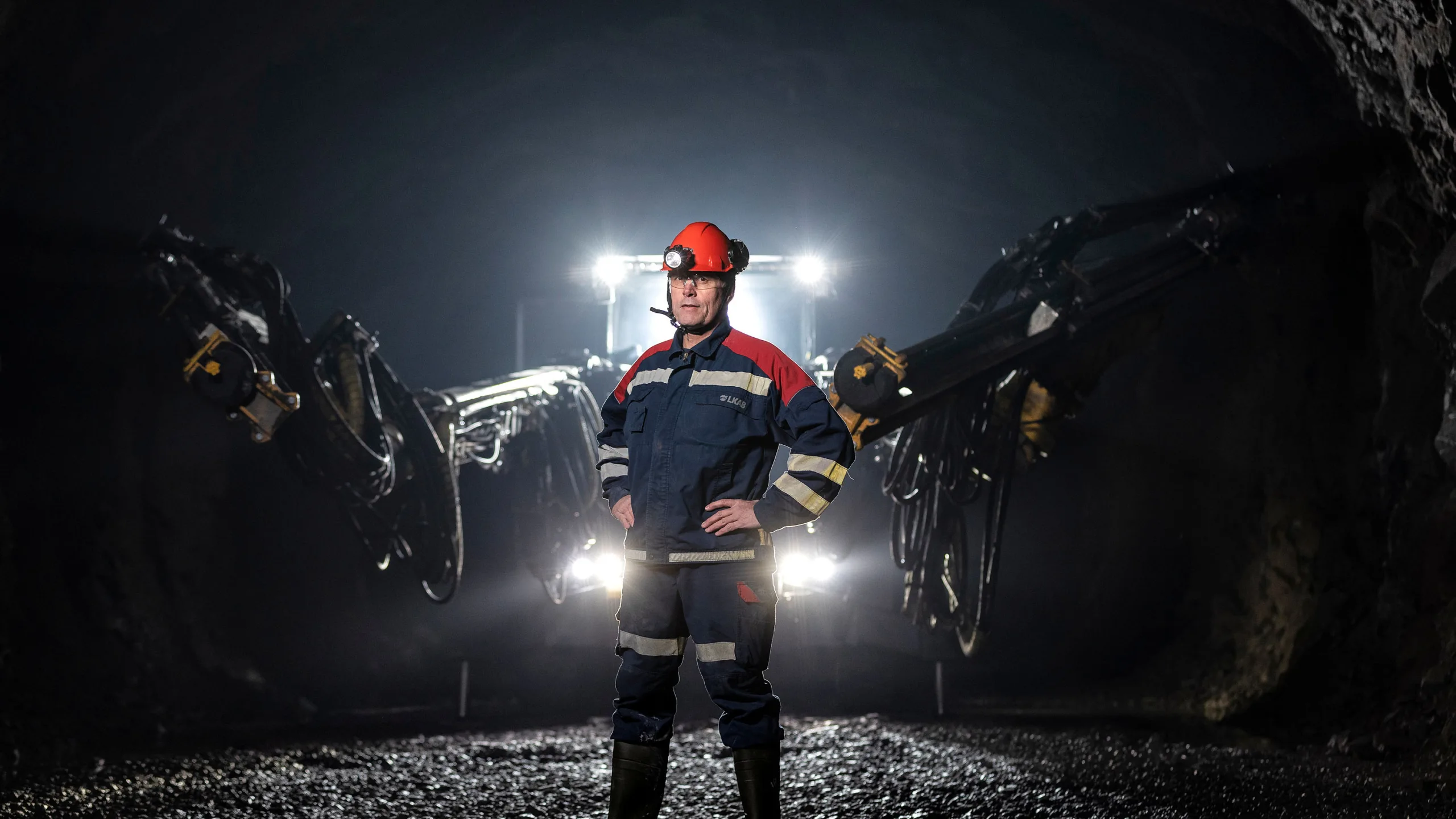
Increased demand for steel and minerals
The market demand for steel and minerals is expected to increase as the world’s population grows and societies expand and rebuild. In this context, we see, for example, that high-value scrap will be attractive for our customers to reuse in their own production.
In parallel, the steel industry is expected to shift from using coal and other fossil fuels to electrified steel production where the availability of renewable electricity will play an important role – a change that seems to be happening faster in Europe than in the rest of the world.
To some extent, the increased demand for steel can be met by increased recycling, but in electrified steel production it needs to be combined with new raw iron. Thus, the need for virgin iron ore in the form of sponge iron will be significant.
LKAB and Swedish industry in a good position
In Sweden and the Nordic countries, we already have a high share of renewable energy and a cluster of organisations with the competence to develop future solutions for the steel industry, as well as for customers who need, for example, minerals and special products.
In our core business, we will gradually increase our production of high-grade iron sponge as steel companies change their production lines. Through sustainable and cost-effective production, we will enable our existing and new customers to use raw materials that are produced free of fossil fuels.
The high-grade ore we already sell has a relatively high premium. This, combined with the valuable earth metals and phosphorus we also can produce, gives us the perfect conditions to lead the transformation towards a carbon-free iron, mineral and steel industry.

